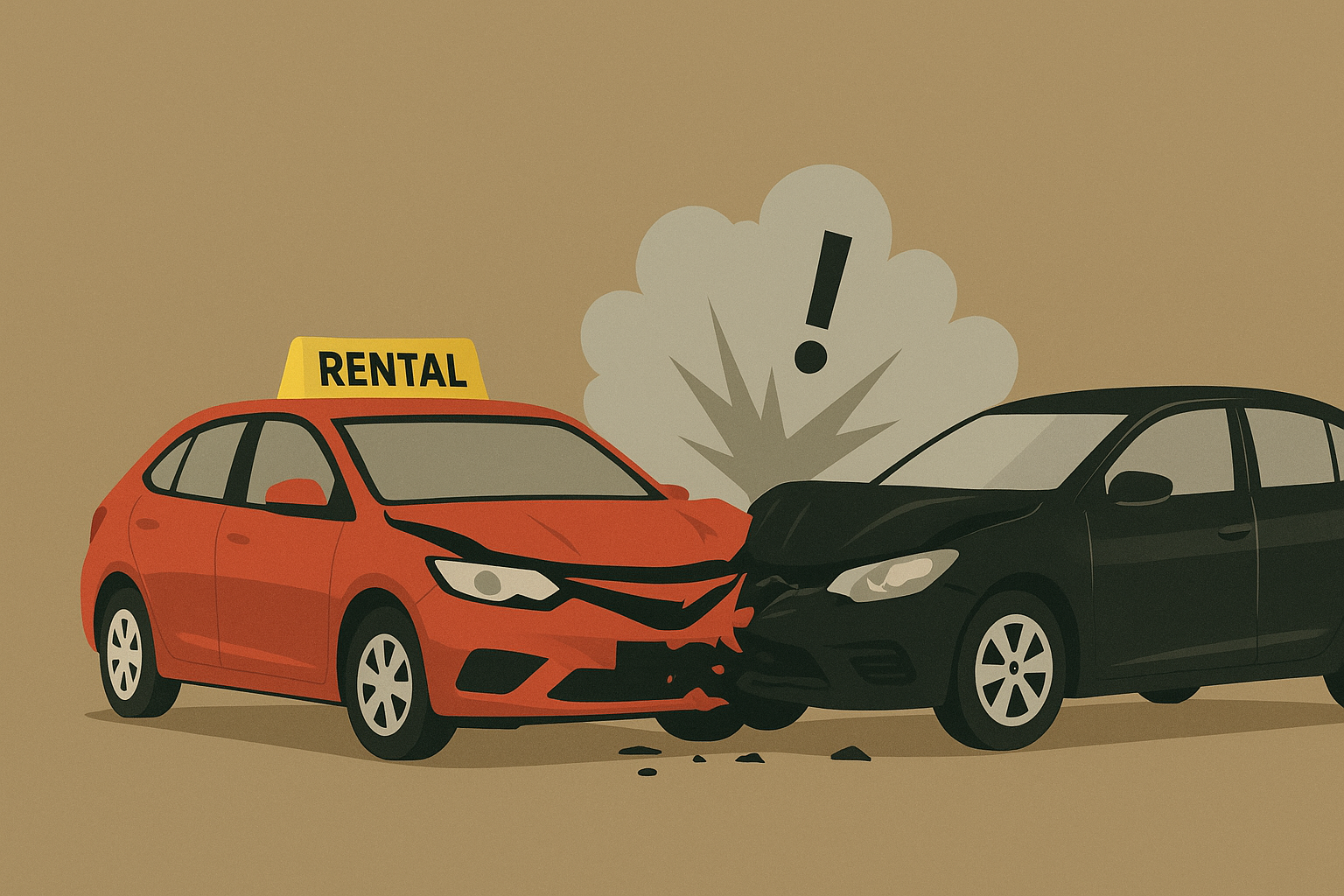What determines liability in a case of personal injury?
Author
John L. Urban
Veröffentlicht
01.08.2025

.webp)
Court Settlement
Liability is one of three basic and equally important factors that must be considered to determine whether you may be entitled to compensation. These factors include 1) liability, 2) damages, and 3) potential sources of payment and must all be in place to have a successful case of personal injury or death due to negligence.
For a general overview of the three factors, please read this article: Three factors for a claim for compensation
Liability is reduced to whether someone else is entirely or at least partially responsible for the accident. In some cases, it is so easy to determine who has crossed a red light or who has ignored a stop sign. In other cases, the allocation of blame may be more complicated and relate to conflicting memories of events. Negligence is the most common basis for determining liability in personal injury cases. Negligence occurs when one person fails to exercise reasonable care and as a result causes harm to another person. To prove negligence, the plaintiff must prove that the defendant had a duty of care, breached that duty, and the plaintiff's injuries or death are a result of it.
The exact law applicable to each individual case varies from state to state and from country to country. Regardless of where the accident happened, the question of liability is whether or not another person or entity is legally responsible for the accident. To show the details of the analysis, which may vary from state to state and from country to country, let's take the state of Florida, USA, as an example, a favorite destination for visitors from all over the world.
Florida liability
The state of Florida operates under the “comparative negligence” law, which means that you can receive compensation for damages even if you are proven complicit. This means that if a jury estimates your damages at $100,000 but 20% of the responsibility for the accident is attributed to you and 80% of the party you are suing against, you will only be awarded $80,000.
In 2023, Florida passed a significant amendment to its comparative negligence law with the enactment of House Bill 837. The current system is now referred to as the “modified law of comparative negligence.” This rule states that people who suffer injuries due to someone else's fault can only receive compensation if they themselves are 50% or less guilty. This means, for example, that if you are held 60% responsible for an accident and the other party 40%, you are now not entitled to compensation. Under the old system, you could have received at least partial compensation. The current law makes it particularly important to consult with an experienced personal injury lawyer to assess the strengths and weaknesses of your claim and its chances of success.
Disclaimers and exemptions
A common tactic to avoid liability is to use exemptions. Exemptions are often required from providers of fundamentally hazardous activities, such as bungee jumping, ziplining, skydiving, jet skiing, white water rafting, tubing and other leisure activities where injuries occur frequently. Exemptions, usually called “disclaimer” or “release from liability,” are often presented at the start of the activity in question and are often signed by participants without being read or understood in full. It is important to note that in most jurisdictions, a signed exemption is enforceable and an allegation that it was not fully read or understood before signing is not a valid defense against its enforcement. Therefore, you should carefully consider whether to sign an exemption and whether you want to participate in the activity for which an exemption is being requested. As with many aspects of law, there are exceptions to enforceability, such as in cases of intentional or reckless conduct, or when the exemption does not adequately and specifically address the nature of the infringement in question.
Other types of exemptions or waivers are requested after an injury has occurred. After an accident, it is common for the insurance company representing the guilty party to contact you to resolve the matter as quickly and cost-effectively as possible. They often offer quick settlement by presenting an exemption form along with a relatively small sum of money. However, it is crucial to understand the impact of signing such an exemption form. Even asking to sign such a form should alert you to the fact that you need to call in a lawyer to evaluate your case. Remember, the insurance company isn't on your side. The insurance company simply wants to resolve the matter as cheaply as possible.
When you sign a settlement agreement or type of exemption offered by the insurance company, you effectively release the parties you represent from further liability in connection with the accident. This means that as soon as you accept the regulation and sign the exemption form, you forfeit your right to additional compensation from the guilty party, even if you later discover that the amount of the regulation was insufficient to fully cover your injuries and damages. If you have future costs as a result of the accident, such as continued medical treatment, rehabilitation, or other related expenses, or if you discover that your injuries were more serious than originally thought, signing the exemption form means that you cannot recover those additional damages from the responsible party. In principle, by agreeing to the regulation and signing the exemption form, you close the door for further financial compensation for your losses.
Given these effects, it is critical that you fully understand the exact extent of your damages and potential future costs before you agree to a settlement. This highlights the importance of consulting a knowledgeable lawyer who can comprehensively assess your case, including past, current, and expected future costs/damages as a result of the accident. An experienced lawyer can help you evaluate a settlement offer and let you know whether you will be adequately compensated for your damages, both now and in the future.




.jpg)




.webp)




